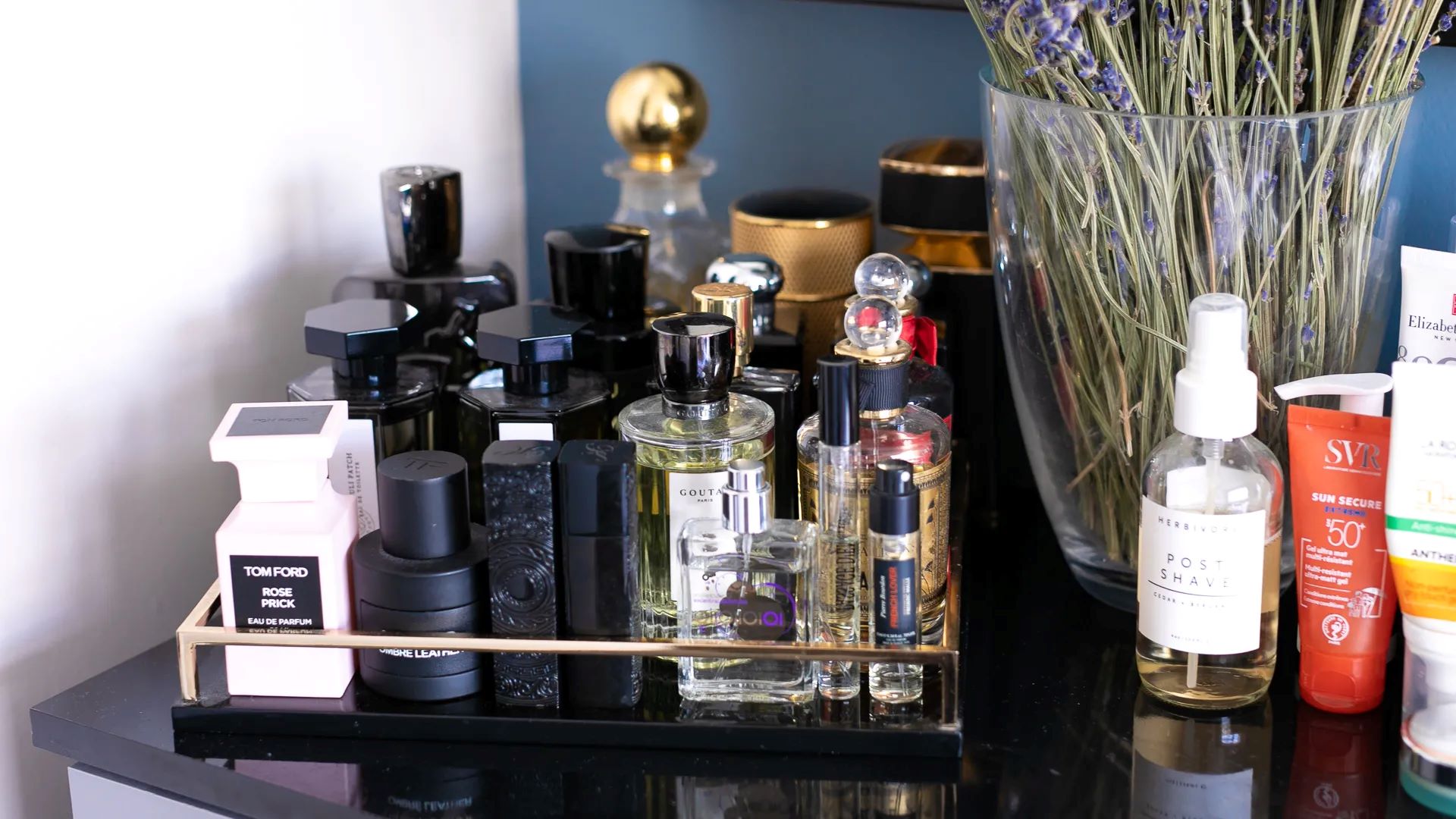

Articles
How To Store Fragrances
Modified: January 5, 2024
Discover the best methods for storing fragrances in this comprehensive collection of articles. Preserve the longevity and potency of your favorite scents with these expert tips.
(Many of the links in this article redirect to a specific reviewed product. Your purchase of these products through affiliate links helps to generate commission for Storables.com, at no extra cost. Learn more)
Introduction
Fragrances are a beloved part of our daily lives, whether they be perfumes, colognes, or scented oils. They have the power to evoke emotions, create memories, and leave a lasting impression. However, just like any other valuable possession, fragrances require proper care and storage to maintain their quality and longevity. In this article, we will explore the importance of storing fragrances correctly and provide you with essential tips and best practices to keep your scents smelling fresh for an extended period.
Understanding how fragrances are composed is vital to grasp the significance of proper storage. Fragrances are made up of a mixture of aromatic compounds, such as essential oils, fixatives, and solvents. These volatile components can be sensitive to external factors, which can cause them to degrade or transform, resulting in a change in scent and overall quality.
Several factors can affect the shelf life of fragrances. Exposure to light, heat, humidity, and air can accelerate the oxidation process and cause the fragrance to deteriorate more rapidly. Additionally, fluctuations in temperature and prolonged exposure to extreme conditions can alter the chemical composition of the fragrance, leading to a loss in potency and overall effectiveness.
Proper storage practices play a crucial role in preserving the scent and quality of fragrances. By following the right techniques, you can prolong the shelf life of your favorite fragrances and ensure they continue to provide an optimal olfactory experience.
In this article, we will delve into the best practices for fragrance storage, including the recommended storage containers, tips for preserving fragrance quality, and guidelines for storing different types of fragrances. Whether you have a small collection or a vast assortment, these tips will help you maintain the integrity and longevity of your fragrances, ensuring they remain as fresh as the day you first bought them.
Key Takeaways:
- Proper fragrance storage is essential for maintaining scent quality and longevity. Follow best practices, use suitable containers, and avoid common mistakes to preserve your fragrances effectively.
- Understanding fragrance composition and factors affecting shelf life is crucial. Store fragrances in cool, dark places, minimize air exposure, and follow specific guidelines for different fragrance types.
Read more: How To Mix Fragrances For Candles
Understanding Fragrance Composition
To fully appreciate the importance of proper fragrance storage, it is essential to understand the composition of fragrances. Fragrances are carefully crafted combinations of aromatic ingredients, each playing a specific role in creating the desired scent.
The primary components of fragrances include:
- Essential Oils: Derived from various natural sources such as flowers, fruits, spices, and woods, essential oils are responsible for the distinctive scent of a fragrance. These oils are volatile and can easily degrade when exposed to unfavorable conditions.
- Fixatives: Fixatives are added to fragrances to help preserve their scent and improve longevity. They work by slowing down the evaporation rate of the more volatile aromatic compounds, allowing the fragrance to last longer.
- Solvents: Solvents, such as alcohol or water, are used to dissolve the aromatic ingredients and create a stable solution. They help distribute the fragrance evenly when applied and enhance its dispersal.
The intricate combination of these components creates the unique fragrance notes that we enjoy. Fragrances are typically categorized into three main notes:
- Top Notes: These are the initial scents that you smell upon application. They are often light and refreshing, providing the first impression of the fragrance. Top notes tend to evaporate quickly.
- Heart/Middle Notes: Once the top notes fade, the heart or middle notes become noticeable. These scents are more balanced and form the core of the fragrance, providing depth and complexity.
- Base Notes: The base notes are the foundation of the fragrance, offering depth, longevity, and richness. They emerge as the top and middle notes dissipate and can linger on the skin for hours.
Understanding the composition of fragrances is crucial because each ingredient reacts differently to storage conditions. Exposure to factors such as light, heat, and air can accelerate the degradation process, causing the fragrance to lose its original scent and vibrancy.
By comprehending the delicate nature of fragrance components, you can appreciate the significance of storing your fragrances in the right conditions to ensure their longevity and quality.
Factors Affecting Fragrance Shelf Life
Several factors can greatly impact the shelf life of fragrances. It is important to be aware of these factors to ensure that your fragrances maintain their quality and longevity over time.
1. Light: Exposure to direct sunlight and artificial lights can degrade fragrances. Ultraviolet (UV) rays can break down the aromatic compounds in the fragrance, causing them to oxidize and lose their potency. To protect your fragrances, store them in opaque or dark-colored bottles and keep them away from windows or well-lit areas.
2. Heat and Humidity: High temperatures and humidity can accelerate the chemical reactions within the fragrance composition. This can lead to the alteration or degradation of the fragrance, resulting in a change in scent and overall quality. Avoid storing fragrances in areas prone to heat and humidity, such as bathrooms or near radiators. Instead, choose cool and dry storage locations.
3. Air Exposure: Constant exposure to air can cause fragrances to oxidize and lose their original scent. It is important to minimize air contact by ensuring that perfume bottles are tightly sealed after each use. Additionally, consider using atomizers or decanting techniques to transfer the fragrance into smaller, airtight containers to minimize exposure.
4. Temperature Fluctuations: Consistent temperature is crucial for preserving fragrance quality. Frequent fluctuations between hot and cold temperatures can negatively impact the chemical stability of the fragrance. Aim to store fragrances in a cool, stable environment to prevent any damage to the fragrance composition.
5. Improper Storage Containers: The choice of storage containers can also affect the shelf life of fragrances. Fragrances should be stored in dark glass bottles, as they help block out light and provide a suitable environment for preserving the fragrance’s integrity. Avoid storing fragrances in plastic containers, as plastic can interact with the fragrance and alter its composition over time.
6. Age of Fragrance: Fragrances, like many other products, have a shelf life. Over time, the aromatic compounds in the fragrance may naturally degrade, leading to a loss in scent quality. It is recommended to use fragrances within 1-3 years from their manufacturing date for optimal performance.
By being mindful of these factors, you can take proactive steps to protect and extend the shelf life of your fragrances. Implementing proper storage techniques will help preserve their scent and quality, allowing you to enjoy your favorite fragrances for a longer period.
Best Practices for Fragrance Storage
Proper storage of fragrances is essential to ensure their longevity and maintain their quality. By following these best practices, you can extend the shelf life of your fragrances and continue to enjoy their exquisite scents for an extended period.
- Store in a Cool, Dark Place: Temperature and light exposure are two critical factors to consider when storing fragrances. Choose a cool and dark storage location, away from direct sunlight and heat sources. Avoid storing fragrances in the bathroom, as the fluctuating humidity levels can negatively impact their quality.
- Keep the Bottles Tightly Sealed: Properly sealing the fragrance bottles after each use minimizes air exposure and helps preserve the fragrance’s original scent. Make sure the caps or lids are tightly secured to prevent unnecessary oxidation.
- Use Original Packaging: Whenever possible, store fragrances in their original boxes. The packaging is specifically designed to protect the fragrance from light and other external factors. If the original boxes are not available, opt for opaque or dark-colored containers to shield the fragrances from light.
- Avoid Extreme Temperatures: Drastic temperature fluctuations can impact the chemical composition of fragrances. Avoid storing fragrances in areas prone to extreme temperatures, such as near radiators or under direct sunlight. Optimal storage temperatures range from 16°C to 21°C (61°F to 70°F).
- Keep Fragrances Away from Air and Moisture: Exposure to air and moisture can degrade fragrances over time. Store fragrances in airtight containers or bottles to minimize contact with air. Additionally, avoid storing fragrances in areas with high humidity, such as bathrooms or damp basements.
- Rotate Fragrances: If you have a large fragrance collection, consider rotating the scents you use regularly. This allows you to enjoy all your fragrances while preventing any one fragrance from sitting untouched for too long.
- Avoid Storing Fragrances in the Fridge: Contrary to popular belief, storing fragrances in the refrigerator is not recommended. The temperature and humidity shifts inside the fridge can negatively affect the composition of the fragrance. It is best to store fragrances in a consistently cool and dry environment.
- Keep Fragrances Upright: Storing fragrances upright helps prevent any leakage or accidental damage. This also ensures that the fragrance is distributed evenly inside the bottle, maintaining its scent consistency.
By following these best practices, you can optimize the storage conditions of your fragrances, prolong their shelf life, and keep them smelling fresh for as long as possible. Proper fragrance storage not only preserves their scent quality but also allows you to continue enjoying the sensory experience they offer.
Recommended Storage Containers for Fragrances
Choosing the right storage container for your fragrances is crucial in ensuring their longevity and maintaining their quality. Here are some recommended storage containers that will help protect your fragrances from light, air, and other detrimental factors:
- Dark Glass Bottles: Dark glass bottles, such as those made from amber or cobalt blue glass, are ideal for storing fragrances. These containers provide excellent light protection as they help block out harmful UV rays. Glass is also non-reactive, which prevents any interaction between the fragrance and the container material.
- Solid Metal Containers: Metal containers, such as those made from stainless steel or aluminum, offer durability and protection for fragrances. They provide an airtight environment and prevent light from penetrating, ensuring the fragrance remains fresh and intact. Choose containers with tight seals to minimize air exposure.
- Ceramic or Porcelain Jars: Ceramic or porcelain jars with secure lids can be excellent alternatives for storing fragrances. These materials offer insulation from light and provide a cool and dark environment for the fragrance. Ensure that the lids fit tightly to prevent any air or moisture from entering the container.
- Opaque Plastic Containers: While glass is the preferred material for fragrance storage, if you choose to use plastic containers, opt for opaque or dark-colored options. These containers are less likely to allow light to penetrate, minimizing the potential for light-induced degradation. Look for high-quality plastic containers that are specifically designed for fragrance storage.
- Atomizers and Travel Sprays: Atomizers or travel sprays are convenient options for storing smaller quantities of fragrance. These containers typically come with airtight seals and allow for easy application. Ensure that the atomizers or spray bottles are made from materials that do not react with or degrade the fragrance.
Remember, regardless of the container type you choose, always store fragrances in a cool, dark place away from excessive heat, humidity, and light. Properly sealing the containers after each use and minimizing air exposure will help maintain the fragrance’s quality and prolong its shelf life.
Investing in suitable storage containers demonstrates your commitment to preserving the integrity of your fragrances, ensuring they continue to provide a delightful olfactory experience every time you use them.
Read more: How To Make Fragrance Oils For Candles
Avoiding Common Mistakes in Fragrance Storage
Proper fragrance storage is essential for preserving the quality and longevity of your fragrances. However, there are common mistakes that people often make when it comes to storing their scents. By avoiding these mistakes, you can ensure that your fragrances remain fresh and delightful for as long as possible.
- Exposing Fragrances to Sunlight: One of the most common mistakes is leaving fragrances exposed to direct sunlight. UV rays can degrade the delicate aromatic compounds present in fragrances, leading to scent alteration and diminished quality. Avoid placing fragrances on windowsills or any areas that receive direct sunlight.
- Storing Fragrances in the Bathroom: The bathroom may seem like a convenient spot to store fragrances, but the constant changes in temperature and humidity can negatively impact their quality. Bathrooms tend to have high humidity levels, which can cause fragrances to degrade and lose their potency. Choose a cool and dry storage area instead.
- Not Tightly Sealing Fragrance Bottles: Allowing air to continuously come into contact with the fragrance can lead to oxidation and a loss of scent quality. Make sure to tightly seal the bottles after each use to minimize air exposure and maintain the fragrance’s freshness. This will help preserve the scent and longevity of the fragrance.
- Using Improper Storage Containers: The choice of storage containers is crucial for fragrance preservation. Avoid using plastic containers or bottles made from reactive materials, as they can interact with the fragrance composition and alter its scent. Opt for dark glass bottles or solid metal containers that provide protection from light and air.
- Storing Fragrances Near Heat Sources: Fragrances should be kept away from sources of heat, such as radiators, stoves, or heating vents. Elevated temperatures can accelerate the oxidation process, leading to a faster degradation of the fragrance. Store fragrances in a cool and stable environment to maintain their quality.
- Keeping Fragrances Uncapped for Extended Periods: Leaving fragrance bottles uncapped for extended periods can expose them to unnecessary air exposure and evaporative loss. Always remember to cap the bottles securely after each use to minimize air contact and prevent scent alteration.
- Not Paying Attention to Fragrance Age: Like any other product, fragrances have a shelf life. Over time, the scent can change or become less potent. It is advisable to use fragrances within 1-3 years from their manufacturing date to ensure optimal performance. Discard any fragrances that have significantly changed in scent or appearance.
- Ignoring Proper Labeling: Properly label your fragrances to avoid confusion and potential mix-ups. Use labels to indicate the date of purchase or date of opening, as well as any other relevant information. This will help you keep track of the freshness and age of each fragrance in your collection.
By avoiding these common mistakes and implementing proper storage practices, you can ensure that your fragrances retain their original scent and quality for a longer period. Taking care of your fragrances will reward you with an enjoyable olfactory experience every time you use them.
Tips for Preserving Fragrance Quality
Preserving the quality of your fragrances is essential to ensure that they continue to deliver their captivating scents. By following these tips, you can maintain the integrity of your fragrances and enjoy their delightful aromas for an extended period of time:
- Keep Fragrances in their Original Packaging: The original packaging of fragrances is designed to protect them from light, air, and other damaging factors. Whenever possible, store your fragrances in their original boxes. If the original packaging is not available, choose opaque or dark-colored containers that provide protection from light.
- Avoid Excessive Spraying: Applying excessive amounts of fragrance can lead to overexposure and a faster depletion of the product. Use a moderate amount of fragrance on pulse points for optimal scent diffusion. Remember, a little goes a long way with fragrances.
- Don’t Shake Fragrance Bottles: Avoid shaking fragrance bottles vigorously as it can introduce air and potentially alter the composition of the fragrance. Instead, gently roll the bottle between your palms to mix the fragrance before application.
- Store Fragrances Away from Jewelry: Avoid storing fragrances in close proximity to jewelry, as some fragrances may contain ingredients that can cause discoloration or tarnishing.
- Avoid Heat During Application: Apply fragrances to clean, dry skin. Heat can intensify the scent, making it overpowering. If you prefer a lighter application, consider misting fragrance onto clothing or hair, as it will disperse the scent more evenly.
- Minimize Exposure to Air: Limit the amount of time the fragrance is exposed to air by spraying it directly onto the skin or decanting it into smaller, airtight containers. This will help preserve the fragrance’s freshness and prevent unnecessary oxidation.
- Store Fragrances in a Temperature-Controlled Environment: Aim to store fragrances in a cool, stable environment, away from extreme temperatures. Avoid storing fragrances in the bathroom or areas prone to temperature fluctuations, as heat can degrade the scent quality.
- Use Fragrance Testers: If you have a large fragrance collection and worry about using up a full bottle, consider purchasing or requesting fragrance testers. Testers typically come in smaller sizes and can help you determine if a particular fragrance suits your preferences before investing in a full bottle.
- Apply Fragrance to Moisturized Skin: Before applying fragrance, moisturize your skin with an unscented lotion or body oil. Hydrated skin helps retain the fragrance for a longer period, enhancing its longevity and projection.
- Rotate Fragrances Regularly: To prevent fragrances from sitting unused for extended periods, rotate the scents you wear. This will ensure that all your fragrances get equal love and prevent them from going bad due to excessive storage time.
By incorporating these tips into your fragrance routine, you can prolong the freshness and quality of your scents. Remember, proper storage and application practices go a long way in preserving fragrance quality, allowing you to fully enjoy the captivating aromas they offer.
How to Store Different Types of Fragrances
Each type of fragrance requires specific care and storage considerations to ensure its longevity and quality. Here are some guidelines on how to store different types of fragrances:
1. Perfumes and Eau de Parfums:
Perfumes and Eau de Parfums are highly concentrated fragrances that contain a higher percentage of aromatic oils. To store these types of fragrances:
- Store them in their original packaging or in dark-colored glass bottles to protect them from light exposure.
- Avoid temperature fluctuations by storing them in a cool, stable environment.
- Keep the bottles tightly sealed after each use to prevent unnecessary air exposure.
Read more: How To Use Fragrance Oil In A Diffuser
2. Eau de Toilettes and Cologne:
Eau de Toilettes and Colognes have a lower concentration of aromatic oils compared to perfumes. To store these types of fragrances:
- Store them in their original packaging or in opaque containers to minimize light exposure.
- Choose a cool and dry storage location to prevent heat and humidity from impacting the fragrance.
- Keep the bottles tightly sealed to minimize air exposure.
3. Solid Perfumes:
Solid perfumes come in compact, portable containers and have a wax or balm-like consistency. To store solid perfumes:
- Keep them in a cool and dry place away from direct sunlight.
- Store them in airtight containers to prevent oxidation and maintain their fragrance quality.
- Avoid exposing them to high temperatures, as it can cause melting or changes in texture.
4. Cologne Wipes or Perfume Pencils:
Cologne wipes or perfume pencils are convenient options for fragrance touch-ups on the go. To store these fragrance formats:
- Keep them in their original packaging or in airtight containers to maintain their freshness.
- Store them in a cool, dry place to prevent the wipes or pencils from drying out.
- Avoid exposing them to excessive heat or humidity, which can affect their quality.
5. Scented Oils:
Scented oils are highly concentrated fragrance oils used for layering or applying directly to the skin. To store scented oils:
- Use dark-colored glass bottles with airtight caps to protect them from light and air exposure.
- Store them in a cool, dry place away from heat sources to prevent deterioration.
- Keep the bottles upright to prevent leakage and ensure even distribution of the oil.
Remember, regardless of the type of fragrance, it is important to follow the general storage guidelines of avoiding excessive heat, light, humidity, and air exposure. Proper storage practices will help prolong the lifespan and maintain the quality of your fragrances, allowing you to enjoy their captivating scents to the fullest extent.
Read more: How To Calculate Fragrance Oil For Candles
Frequently Asked Questions (FAQs)
Here are some commonly asked questions about fragrance storage:
1. How long can fragrances be stored?
Fragrances can generally be stored for 1-3 years from their manufacturing date. However, their longevity can depend on factors such as storage conditions and the quality of the fragrance itself. Pay attention to any changes in scent or appearance and discard fragrances that have significantly deteriorated.
2. Can fragrances expire?
While fragrances do not necessarily have an expiration date, they can degrade over time. Exposure to heat, light, and air can cause the aromatic compounds to break down, resulting in changes to the scent and diminishing fragrance quality. It’s best to use fragrances within a reasonable timeframe for optimal performance.
3. Is it necessary to keep fragrances in their original packaging?
Keeping fragrances in their original packaging is recommended as it provides protection against light, air, and potential damage. However, if the original packaging is not available, store fragrances in dark-colored glass bottles or opaque containers to minimize light exposure.
Read also: 8 Amazing Fragrance Oil Diffuser For 2024
4. Can fragrances be stored in the refrigerator?
No, it is not advisable to store fragrances in the refrigerator. Temperature and humidity fluctuations in the refrigerator can negatively affect the fragrance composition. It is best to store fragrances in a cool, dry place away from extreme temperatures.
5. Should I store fragrances in the bathroom?
Storing fragrances in the bathroom is not recommended. Bathrooms often have high humidity levels, which can accelerate the degradation of fragrances. Choose a cool, dry storage area away from humidity and temperature fluctuations.
6. What’s the best way to apply fragrances?
For optimal application, spray fragrances onto pulse points like the wrists, neck, and inner elbows. Avoid rubbing the fragrance, as it can alter the scent. Additionally, moisturized skin helps lock in the fragrance, so consider applying it on freshly moisturized skin.
7. Can fragrances be stored upright or on their sides?
It is generally recommended to store fragrances upright to prevent leakage and ensure even distribution of the fragrance inside the bottle. Storing fragrances on their sides can increase the chances of leakage and potential damage to the packaging.
It’s important to note that individual fragrances may have specific storage recommendations from the manufacturer, so always refer to the product instructions for the best storage practices.
8. Are there any special considerations for vintage or rare fragrances?
Vintage or rare fragrances may require extra care due to their age or unique formulations. It’s best to consult with fragrance experts or specialists for specific recommendations on how to properly store and preserve these fragrances.
If you have any other questions or concerns about fragrance storage, it’s always beneficial to consult the manufacturer’s guidelines or seek advice from fragrance professionals to ensure the best care for your fragrances.
Conclusion
Proper fragrance storage is crucial for maintaining the quality, longevity, and scent of your beloved fragrances. By understanding the composition of fragrances and the factors that can degrade them, you can take proactive steps to preserve their fragrance quality.
With the best practices outlined in this article, you can ensure that your fragrances remain fresh and delightful for as long as possible. By storing fragrances in cool, dark places, tightly sealing the bottles, minimizing air exposure, and avoiding common storage mistakes, you can extend the shelf life of your fragrances and enjoy their captivating scents to the fullest.
Remember to choose suitable storage containers, such as dark glass bottles, solid metal containers, ceramic jars, or opaque plastic containers, depending on your preferences and the type of fragrance you have.
Properly caring for and storing different types of fragrances, such as perfumes, eau de parfums, colognes, solid perfumes, and scented oils, requires specific considerations to maintain their quality and integrity.
By following the tips provided in this article and being mindful of fragrance age, rotation, and the importance of proper labeling, you can create a fragrance storage routine that preserves the freshness and quality of your scents.
Finally, by addressing frequently asked questions about fragrance storage, we hope to have provided you with comprehensive information to address any concerns or doubts you may have had.
With these guidelines and practices in mind, you can confidently store your fragrances and continue to enjoy their delightful aromas for an extended period. Take care of your fragrances, and they will reward you with an enchanting olfactory experience whenever you wear them.
Frequently Asked Questions about How To Store Fragrances
Was this page helpful?
At Storables.com, we guarantee accurate and reliable information. Our content, validated by Expert Board Contributors, is crafted following stringent Editorial Policies. We're committed to providing you with well-researched, expert-backed insights for all your informational needs.
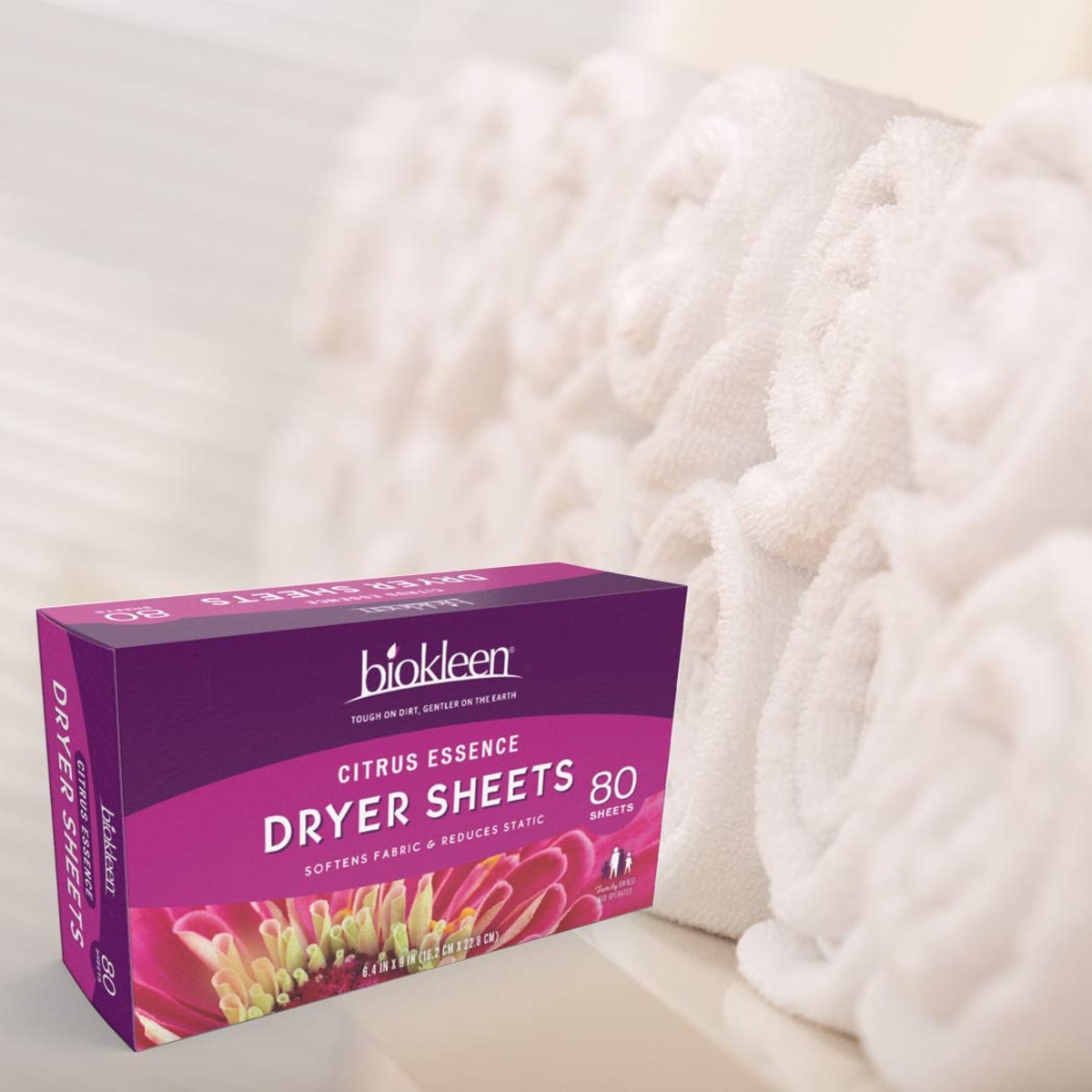
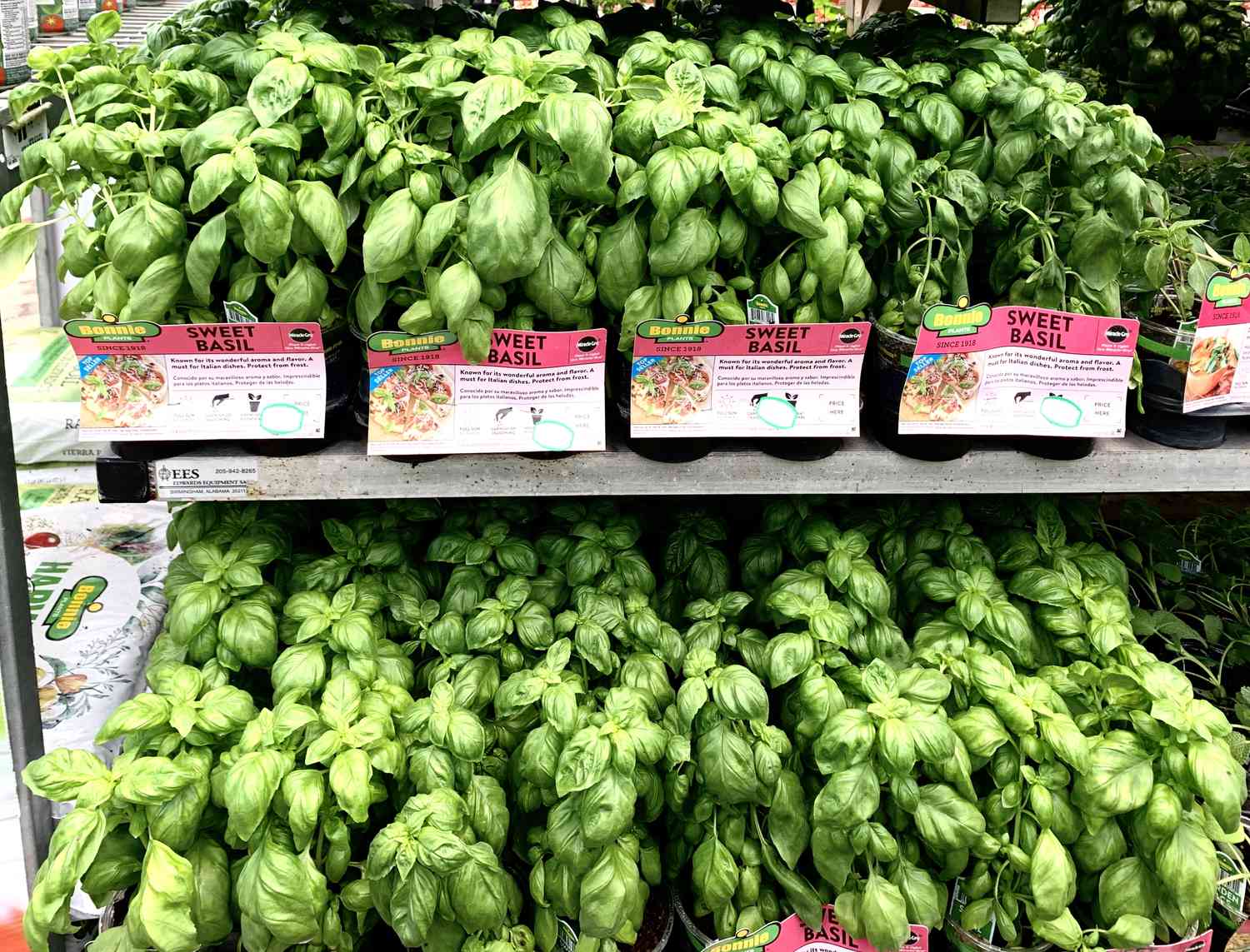
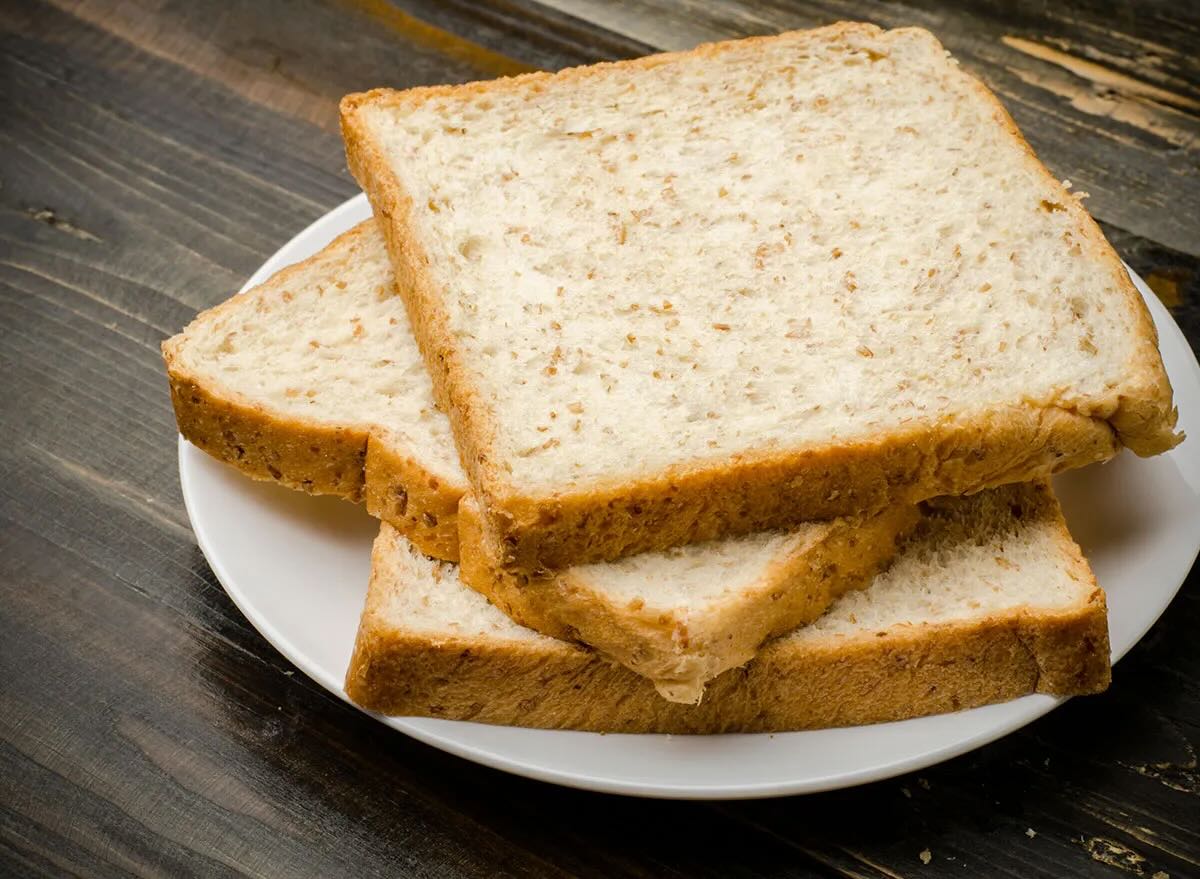
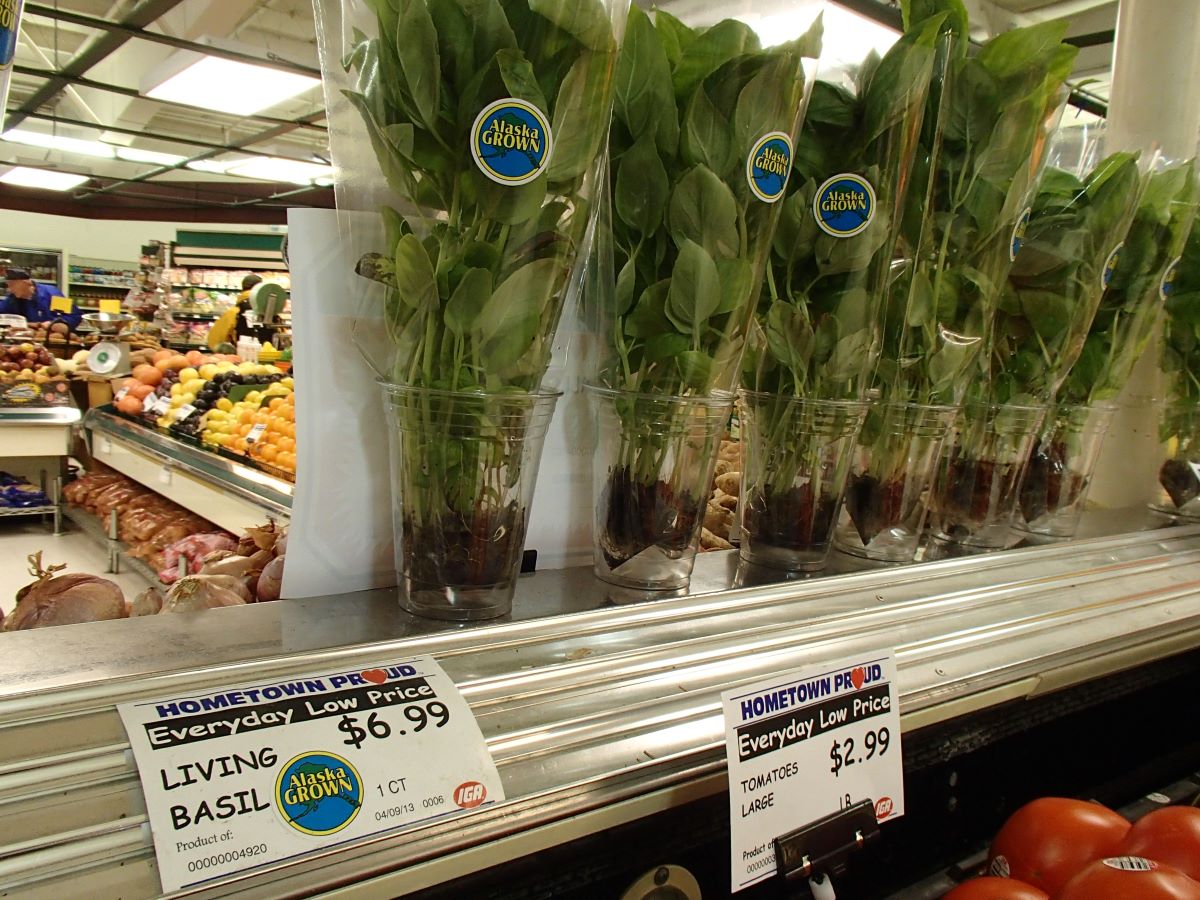

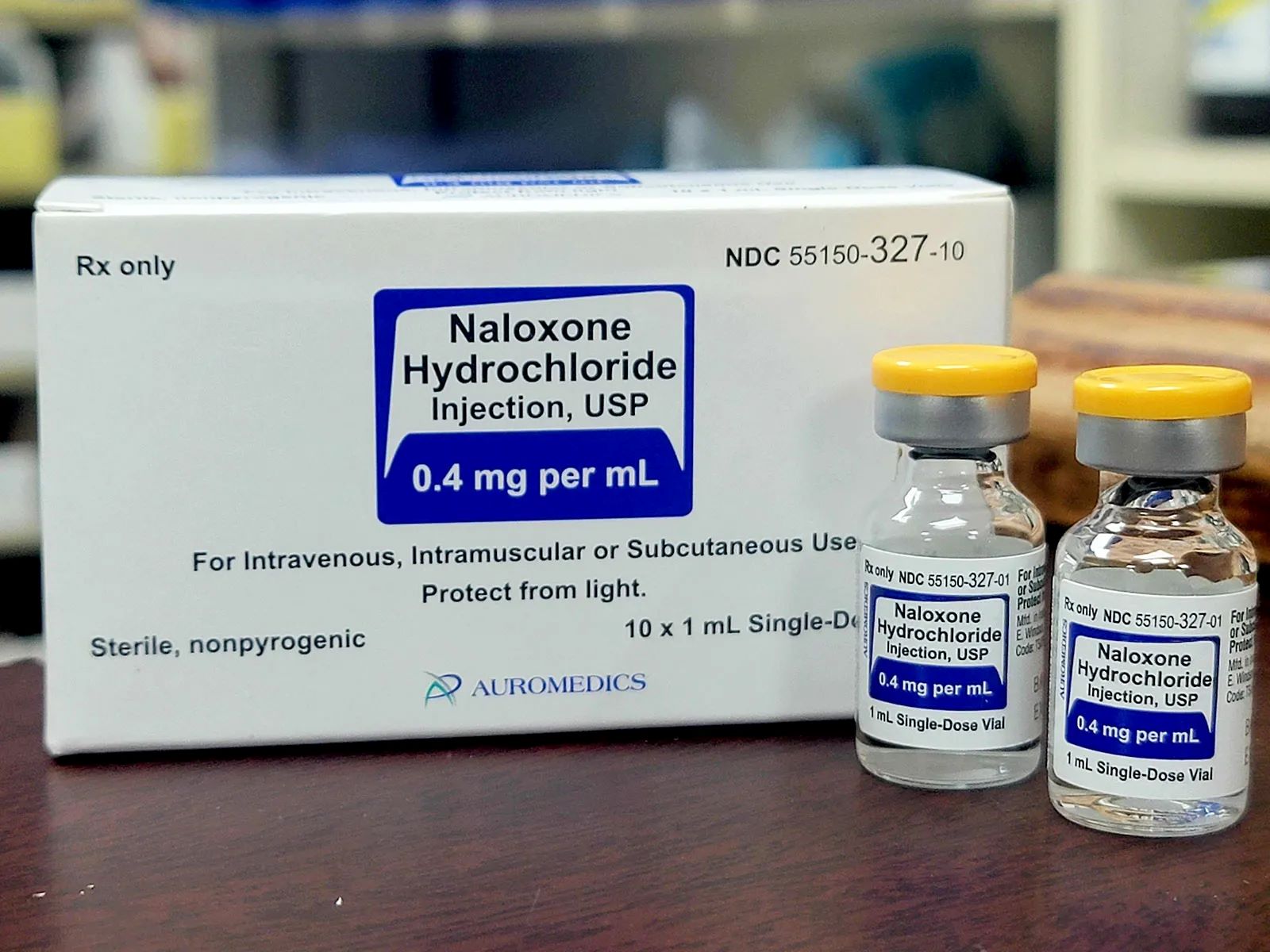
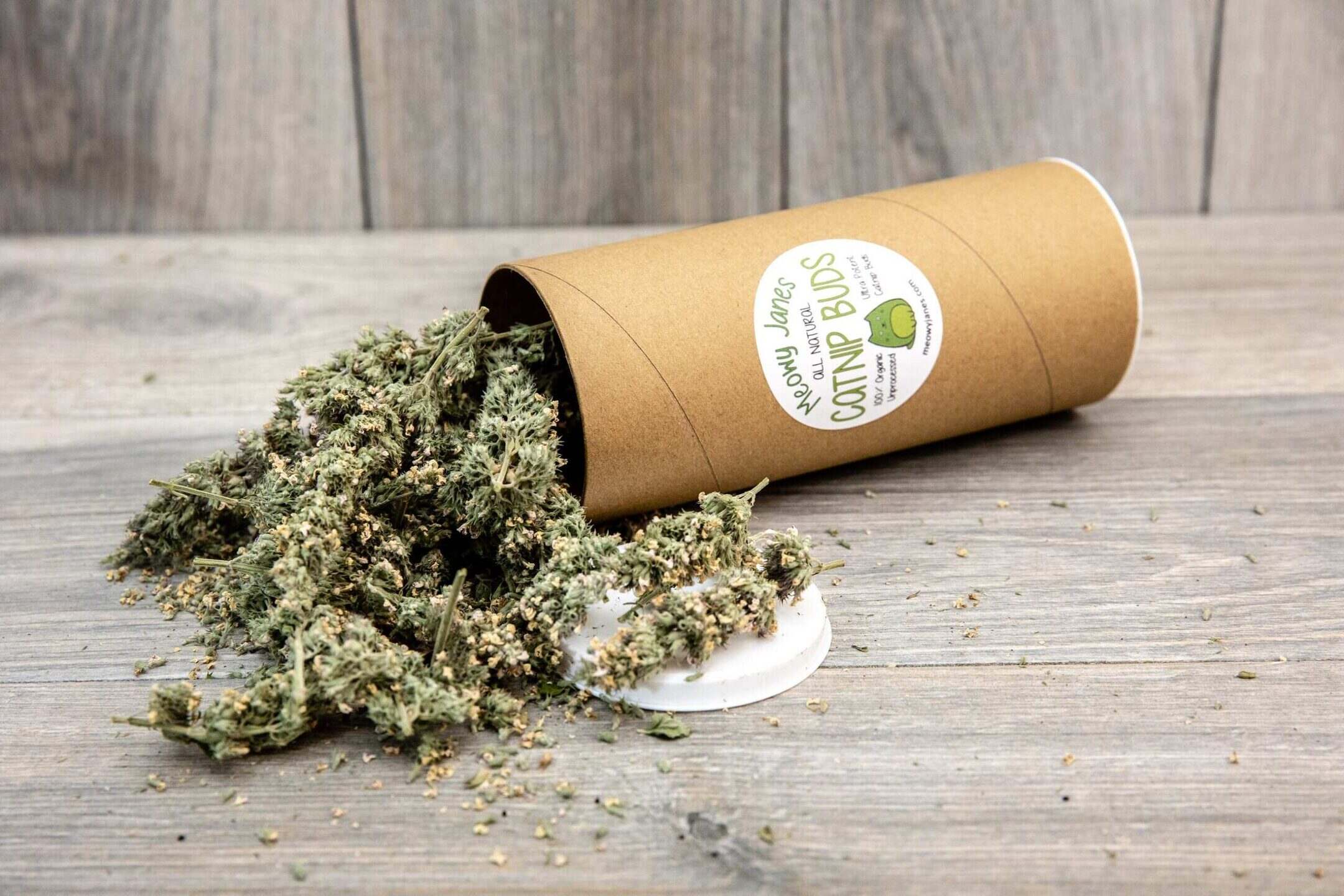


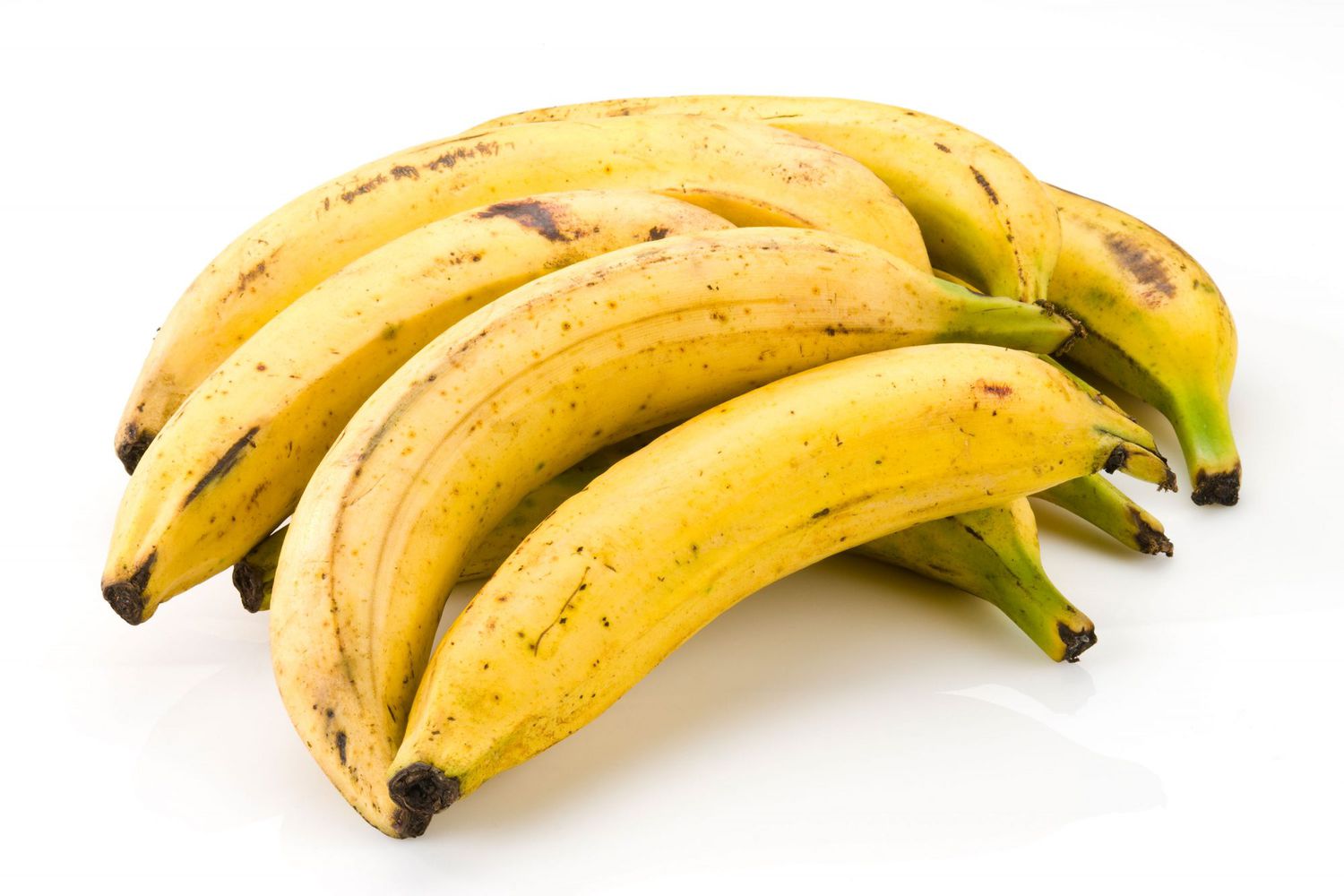

0 thoughts on “How To Store Fragrances”